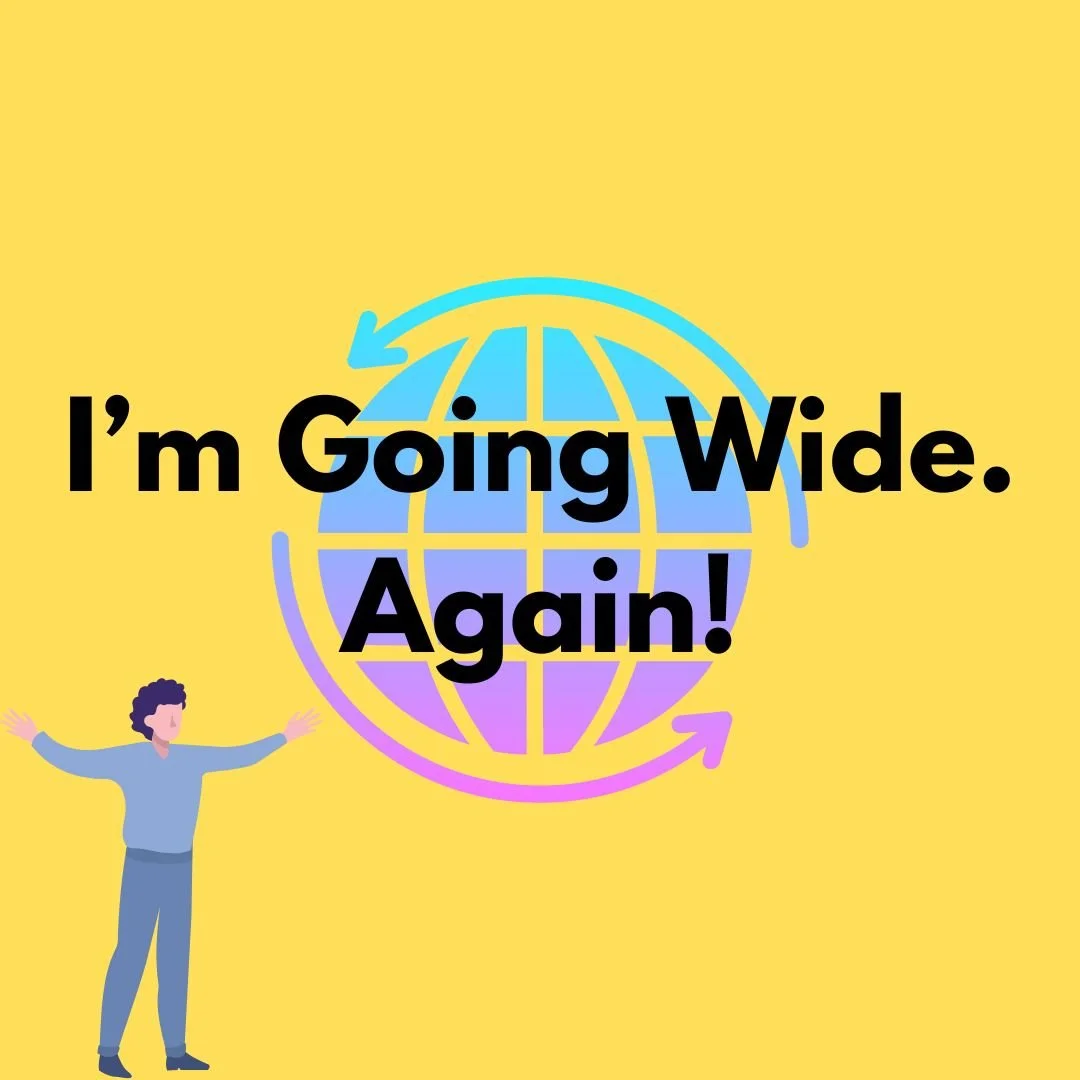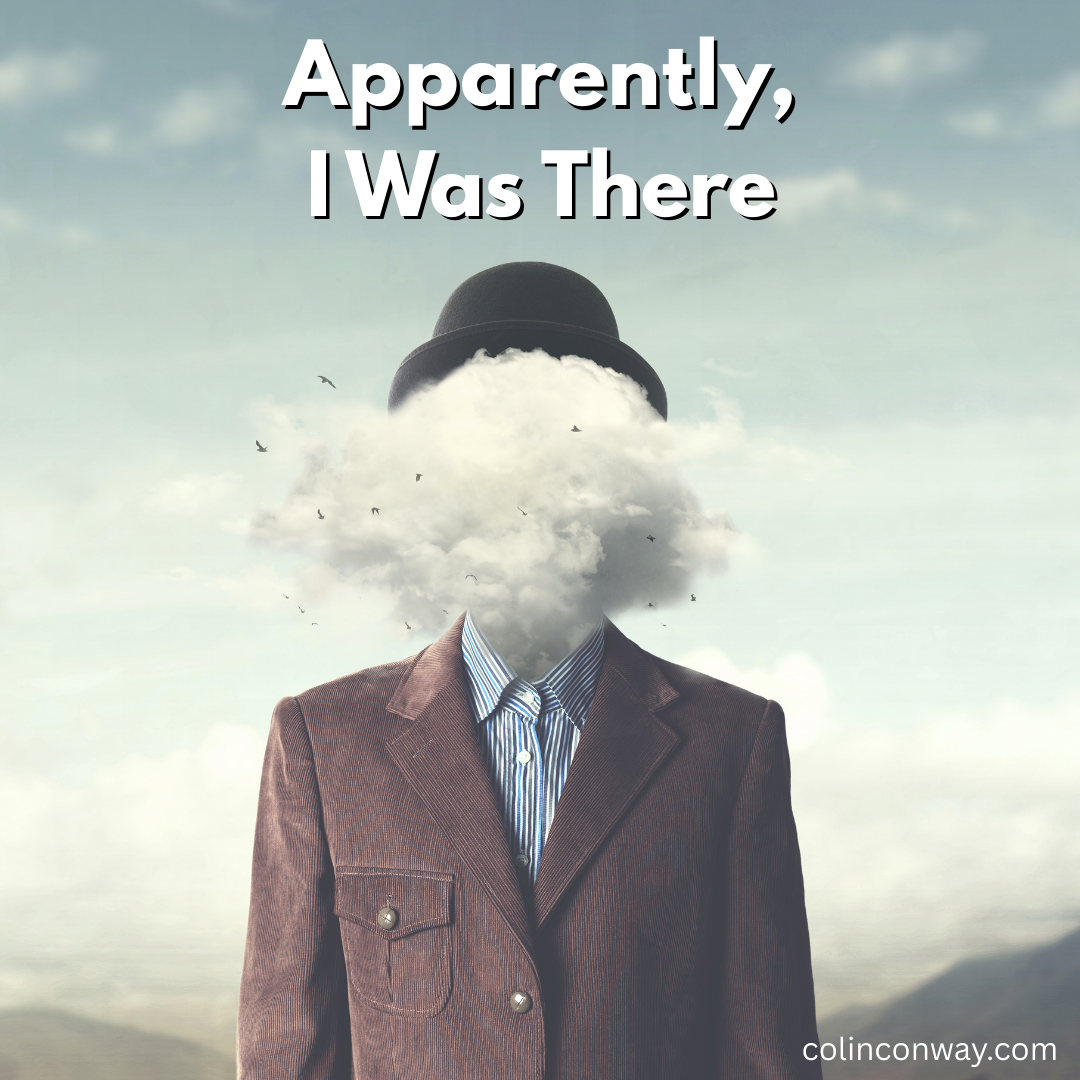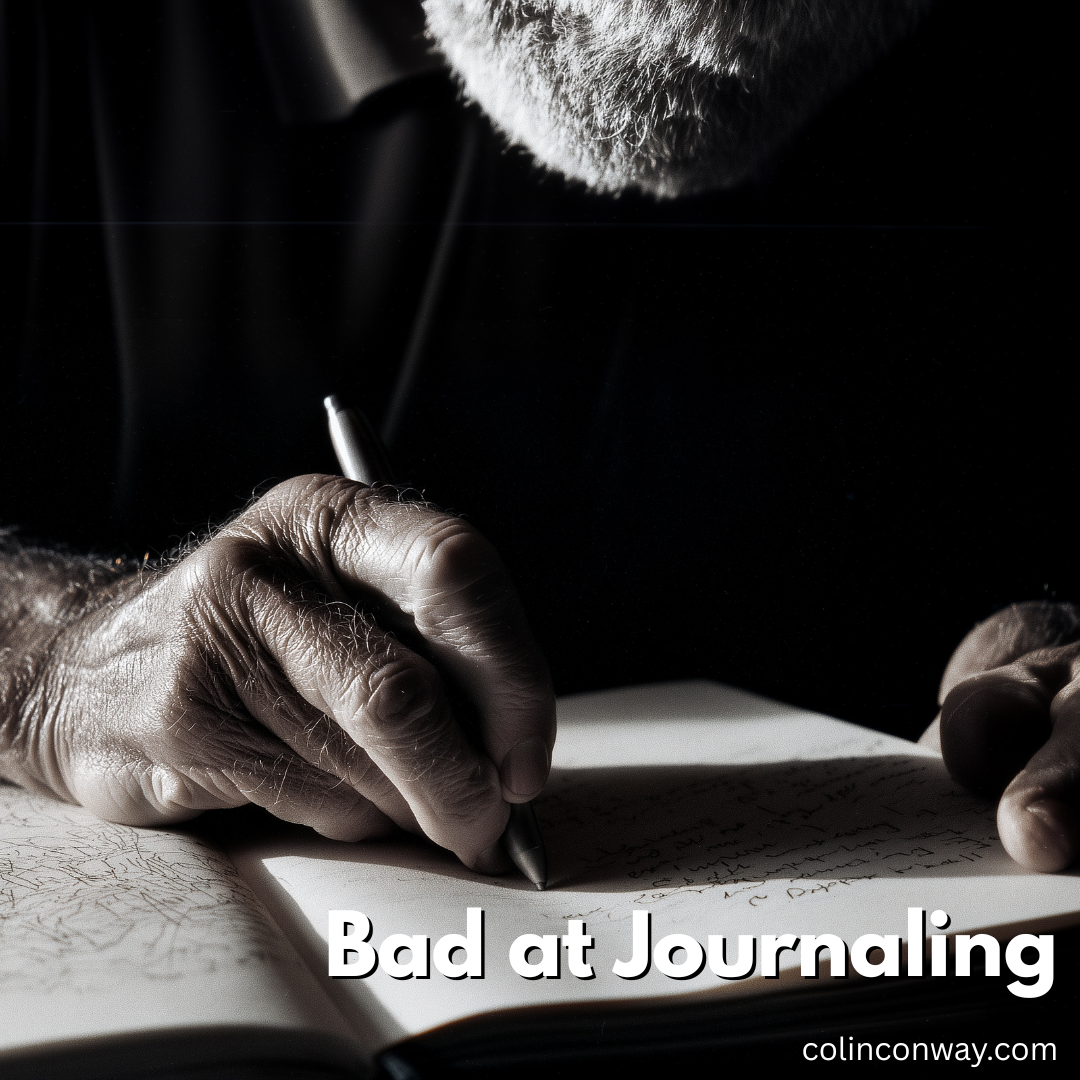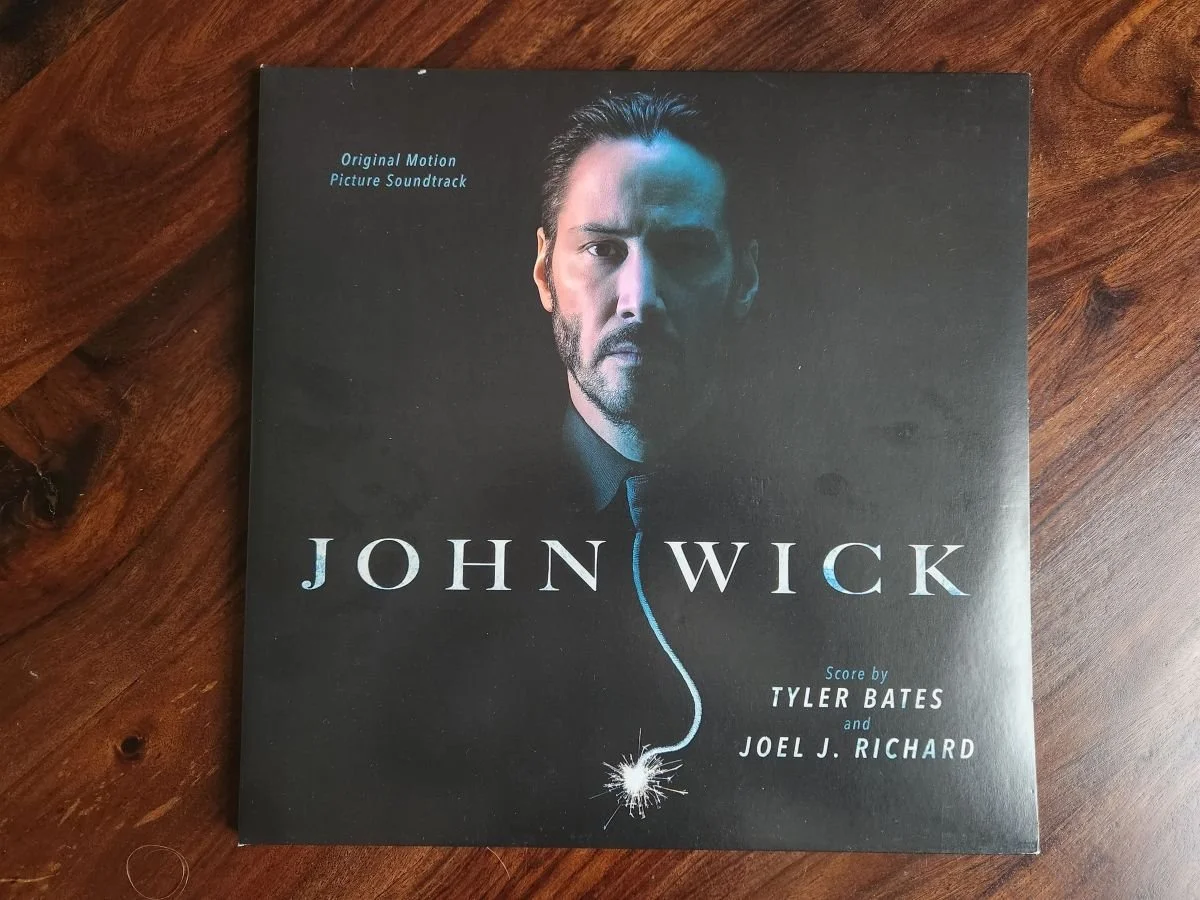I'm Going Wide - Again!
The difference between failure and feedback is a willingness to continue.
As an independently published author, I spend a fair amount of time marketing myself and my books. This process includes a newsletter, social media, my blog, and paid advertising. Marketing is a skill that doesn’t come naturally to most folks—me included.
Selling happens when I’m face-to-face with a customer (a.k.a. readers). I’ve grown comfortable talking about my books and my writing. My experience in law enforcement and real estate helps me feel relaxed in social situations.
Marketing occurs when I’m not there. I’ve gotten better with marketing over the past couple of years, but the learning curve is steep. I frequently feel as if I’m floundering. Sometimes that’s because of the platform—Twitter is like trying to communicate during a food fight in a middle school lunchroom.
My blog is the best platform for me to communicate my ideas because it’s long form. However, the traffic to the site is dramatically less than any of social media platforms.
The newsletter gets far more eyeballs than my blog, but I must share my stories in bite-sized chunks. I don’t want to overwhelm anybody’s inbox with a long post about my dog. It’s better that I do it here.
Several years ago, I moved my books exclusively to Amazon because of its Kindle Unlimited (KU) program. Readers subscribe to KU and authors get paid an infinitesimal amount for every page read. Get a lot of KU subscribers to read enough pages and an author can make some bank. That’s a tougher task than I just outlined.
This payout amount moves every month. Sometimes, it’s up. Other times, it’s down. Based on eight years of data, the overall trend is down.
In July 2015, the payout was above $0.005770/per page.
By August 2020 (when I joined the program), the payout had slipped to $0.00432/page.
As of July 2023, that payout has fallen to $0.003989 per page.
In other words, I earn a rounded 40¢ for every 100 pages read through the Kindle Unlimited program. Most of my books are in the 350-page range. With that expectation, I earn roughly $1.40/per eBook read.
Some independently published authors kill it on the KU program. I have nothing but respect for them (and maybe a little envy). They caught the algorithmic wave and are riding it to riches.
I earn 70% from Amazon if sell one of my books for $2.99 or above (the minimum for the 70% tier). Less than that earns a paltry 30%. So, a $6.99 price tag equates to a $4.89 payout for me.
I may not be a math genius, but I see that $4.89 is substantially more than the $1.40 I can expect from a KU read.
Authors (including me) occasionally give away their eBooks to juice the KU algorithm. The hope is that a free eBook rises in the sales ranks and catches the eye of KU readers because of the Amazon algorithm. Kindle Unlimited readers often zoom through an author’s series because the books are available in the KU program.
Perhaps this worked in previous years, but today’s results are proving something different. Thousands of free eBooks are downloaded during a promotional period. A spike in KU reads will probably follow, but the tail for that readership is smaller, often petering out in days. Then the author is back where they started.
Daily free-book newsletters popped up to serve as a conduit between readers and authors. These email alerts let readers know how and where to get free books. A five-day promotion period costs me over $400. If I am lucky to get a BookBub “Featured Deal,” this promotional total cost could shoot upwards of $1,100.
Paying $1,100 to give away free eBooks in hopes of catching some love from Amazon’s finicky algorithm isn’t a sustainable model for most authors. Hope isn’t a plan, as they say. Over the last couple of years, the returns on this type of free-book advertising diminished to where I lose money during any promotional period.
People value what they pay for; they rarely value what they’ve been given for free. This is especially true for eBooks which exist only in the digital world. A reader might use a Kindle or Nook, which cost a pretty penny. However, there are free software options available that do the trick just as well. On my phone, I use the free Kindle app to read books.
A free eBook has a value of zero. That price sets an expectation in a reader’s mind. Why would I expect a reader to appreciate my work if I’m giving it away?
Kindle Unlimited readers don’t fall into the above category. They’re spending $9.99/month for the program, so they value the eBooks. Perhaps not as much as someone who spent $4.99 or more on a single book.
Many authors give away the first book in a series to entice prospective readers to try their works. This is less dangerous than giving away later books in a series. This is because the reader usually offers something in trade—their email address, for example. That simple exchange elevates it above a free book with no strings attached.
You might ask why I’ve shared all this with you.
It’s because many have joined me on this writing journey. I’ve developed some wonderful friendships with readers. I wanted to explain what’s occurring in the author world before I explain what course I’m on now.
Over the next two months, I will pull my books from the Kindle Unlimited program. Some must remain exclusive with Amazon until they reach their agreed upon end date. When a series rolls out of the program, I’m taking it wide.
That means my books will once again be available on sites such as Apple, Kobo, and Barnes & Noble. Readers might find them in their libraries again (hopefully). They’ll still be available on Amazon, but they’ll no longer be exclusive.
One other change to my marketing, I’m going to sell directly to readers. I’ve opened a Shopify store and stocked it with the 509 Crime Stories. My flagship series was the first to roll out of the KU program. You can find my store here: store.colinconway.com.
My books are slightly cheaper at my store—a thank you to readers willing to work directly with me.
With the continual changes to publishing, I believe more authors are going to move to a direct sales model. This means less interference from the online retailers who have no duty or obligation to help an author succeed.
Is this a scary change for me? Some, yeah. There was comfort in being in the KU program, even with the payout being equal to crumbs. That’s like being in a toxic relationship and not leaving, because the fear of the unknown is worse than the abuse.
I’ve made the choice to leave Kindle Unlimited, and I’m excited about what lies ahead.
I hope you’ll continue to join me on this journey.








